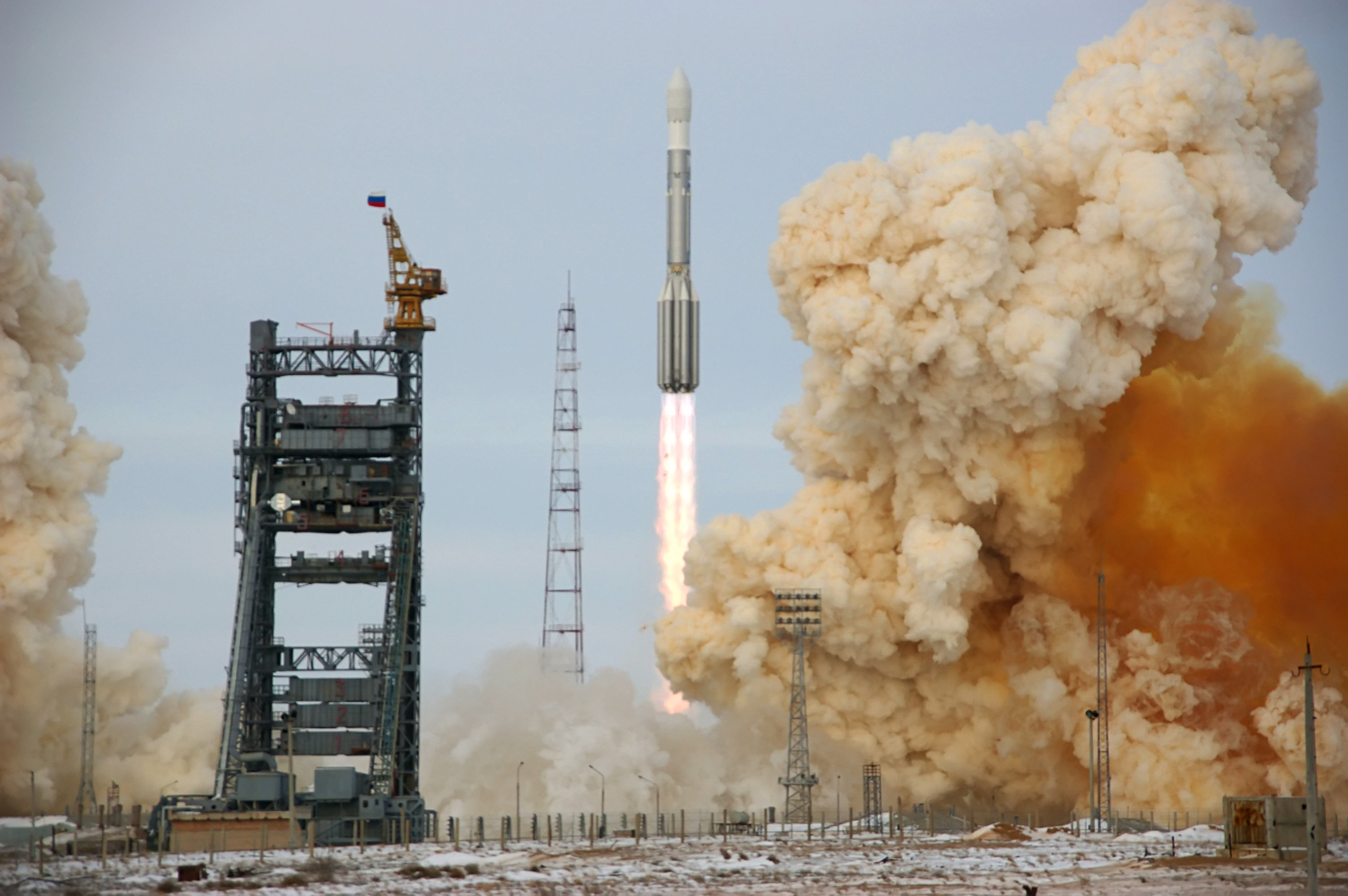MOSCOW, April 1 - RAPSI. Russian space giant SP Korolev Rocket and Space Corporation Energia (Energia) filed documents with a US federal court last week seeking the dismissal of a $355 million breach-of-contract lawsuit filed by American aerospace and defense conglomerate Boeing.
In February, Boeing filed a complaint against Energia and Ukrainian company Yuzhnoye SDO alleging breach of contract in connection with a series of contracts connected with the 1995 establishment of Sea Launch, a joint venture created to facilitate the sea-based launch of commercial satellites.
Boeing seeks $355 million plus interest and legal fees.
Energia filed two separate notices of its intent to move the court to dismiss or stay the case.
The first seeks to dismiss or stay the claim for forum non conveniens; stay the claim pending the outcome of a parallel foreign proceeding, in accordance with US law; and dismiss the claim for lack of subject-matter jurisdiction.
With regard to forum non conveniens, the court will be required to consider whether an adequate alternative forum exists and whether the balance of private and public interests would militate in favor of a dismissal. Energia charges that the UK provides an adequate alternative forum. Furthermore, it provided various justifications for the choice of the UK based on private and public interest factors.
Among other points, Energia argues that California would be “unduly burdened” by adjudicating the issue, as the US “has little connection with the operative facts of this litigation.” Furthermore, the UK has an “overwhelming” interest in adjudicating the case as UK law governs the interpretation and enforcement of the contracts at issue.
With regard to the foreign proceeding, Energia advanced the Colorado River doctrine, the US legal theory that a federal court has discretion to stay its proceedings pending a parallel foreign proceeding.
According to Energia, Boeing submitted a “virtually identical” complaint against it, Yuzhnoye, and a third party before the Arbitration Institute of the Stockholm Chamber of Commerce in October 2009. That claim is currently pending appeal. Energia asserts that when applied to the present case, the Colorado River doctrine militates in favor of a stay pending the outcome of the Swedish appeal.
With regard to subject-matter jurisdiction, Energia claims that Boeing focused on Yuzhnoye’s status as an “agent or instrumentality” of the Ukraine in invoking diversity jurisdiction, but that the same logic would not apply to Energia. Furthermore, the document argues that supplemental jurisdiction would not draw in Energia, as the claims against Yuzhnoye and Energia arise from distinct claims.
The second seeks to dismiss the claim with prejudice based on: Boeing’s alleged failure to state a claim upon which relief can be granted; a lack of subject-matter jurisdiction; and Boeing’s lack of capacity to assert claims before the court.
First of all, the document explains that the Energia defendants – Energia Overseas LLC and Energia Logistics Ltd – cannot be properly implicated in this case as they “not parties to the contracts at issue and were not even in existence at the time the operative agreements were executed.”
The subject-matter jurisdiction argument was similar to that asserted in the first document.
According to Sea Launch’s website, the satellite-launch project was established as a joint partnership in 1995 between Boeing (40%), RSC Energia (25%), Kvaemer (20%) and Yuzhmash and Yushnoye (15%).
Its first launch was carried out in 1999. Ten years later, it filed for Chapter 11 reorganization in the US.
In 2010, Energia affiliate Energia Overseas Limited acquired 95% ownership of the newly reorganized Sea Launch Sarl. The remaining 5% share is held indirectly by Boeing and Aker USA.
According to its website, Energia is Russia’s leading rocket-space enterprise, as well as the country’s leader in manned space systems. The company has been operating within the field since 1946 and has “initiated practically all lines of activity related to national rocket and space technology.”
Yuzhnoye SDO traces its origins to 1951, when a Ukrainian auto factory was converted into a missile production plant. Today Yuzhnoye is tasked primarily with creating and operating space-rocket technology, but has branched out to the fields of renewable energy, transportation, and agricultural machinery as well.



